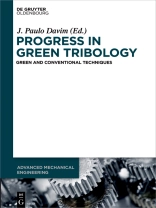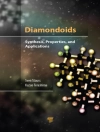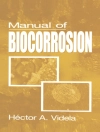Tribology is usually defined as ‘the science and technology of interacting surfaces in relative motion’. It includes the research and application of principles of friction, wear, lubrication and design. Green tribology involves tribological aspects of environmental and biological impacts. This multidisciplinary field of science and technology is very important for the development of new products in mechanics, materials, chemistry, life sciences and by extension for all modern industry.
The current volume aims to provide recent information on progress in green tribology. Chapter 1 provides information on tribological materials (an eco-sustainable perspective), while chapter 2 is dedicated to preparation and tribology performance of bio-based ceramic particles from rice waste and chapter 3 describes tribological behavior and tribochemistry of Ti3Si C2 in water and alcohols. Chapter 4 contains information on modelling and analysis of the oil-film pressure of a hydrodynamic journal bearing lubricated by nano based bio-lubricants using a D-optimal design. Finally, chapter 5 is dedicated to wear performance of oil palm seed fibre reinforced polyester composite aged in brake fluid solutions.
The current volume can be used as a research book for final undergraduate in engineering courses or as a topic on green tribology at postgraduate level. This book can also serve as useful reference for academics, researchers, mechanical, materials, environmental and manufacturing engineers, professionals green tribology and related industries.
قائمة المحتويات
From the Content:
Surface Topography
Friction
Wear
Contact Mechanics
Lubrication and Lubricants
Tribology in Small Scale
Tribology in Manufacturing
Biotribology
Green Tribology
عن المؤلف
Paulo Davim, University of Aveiro, Portugal.












